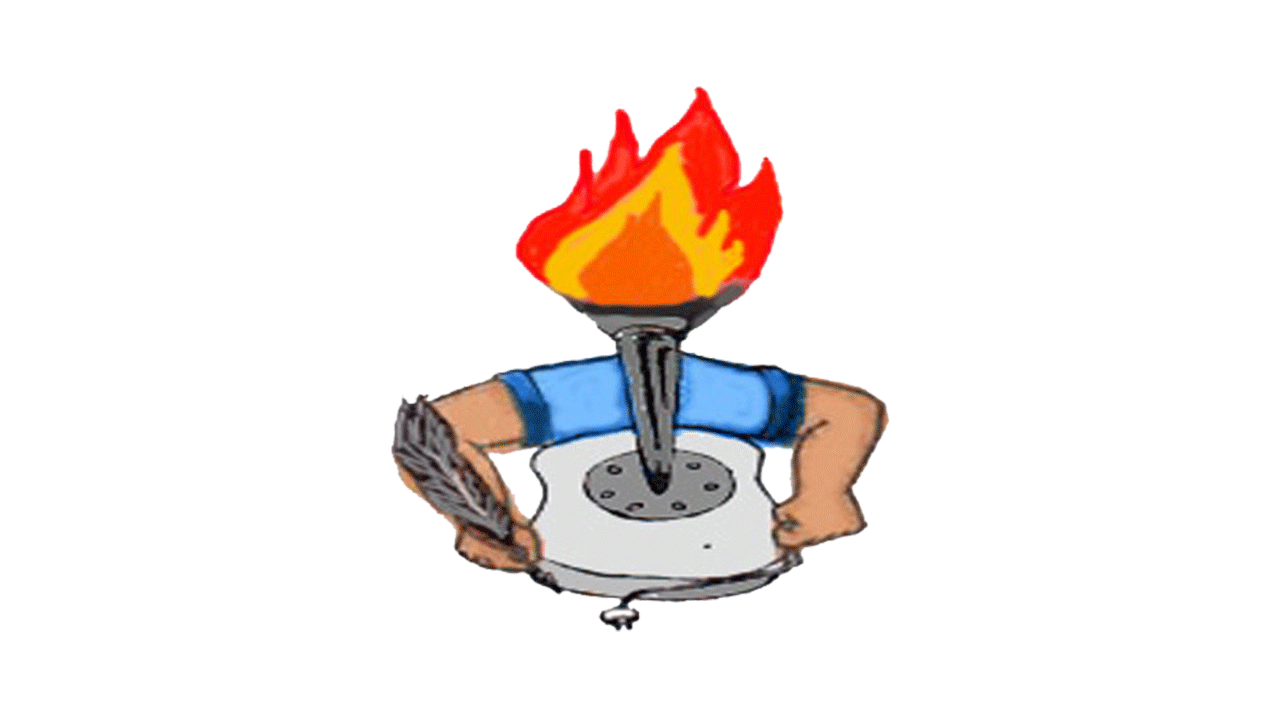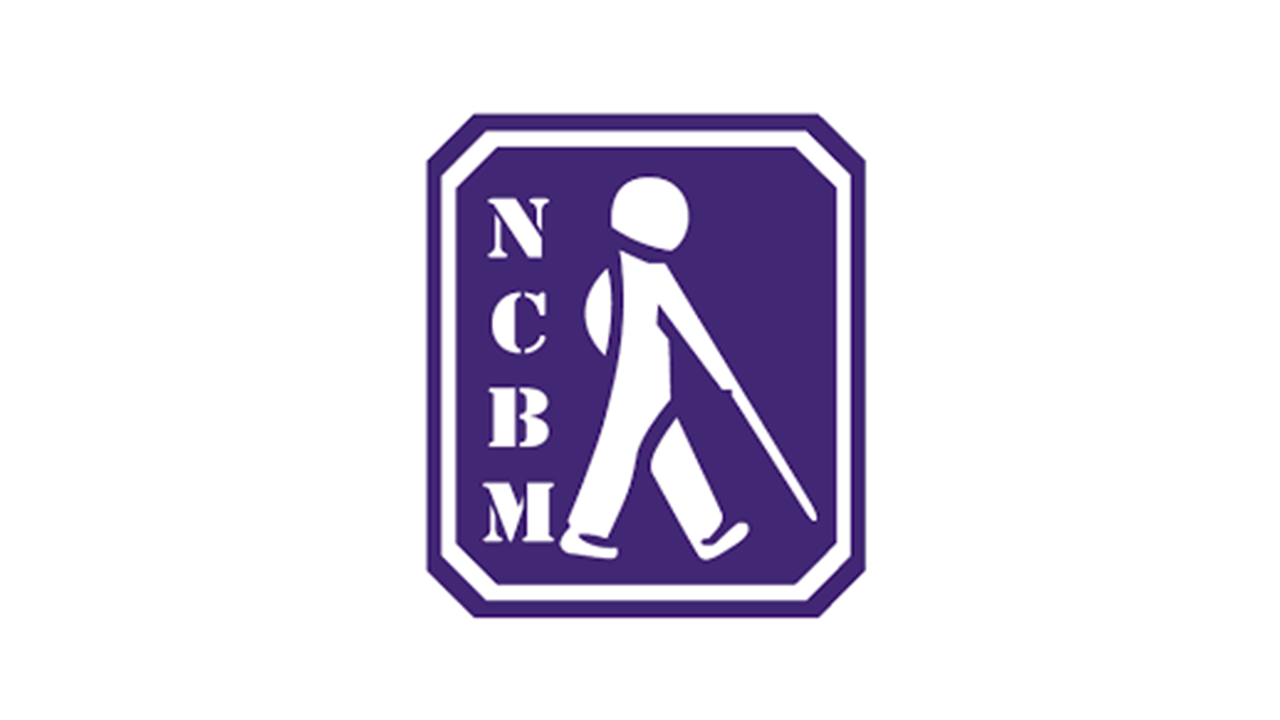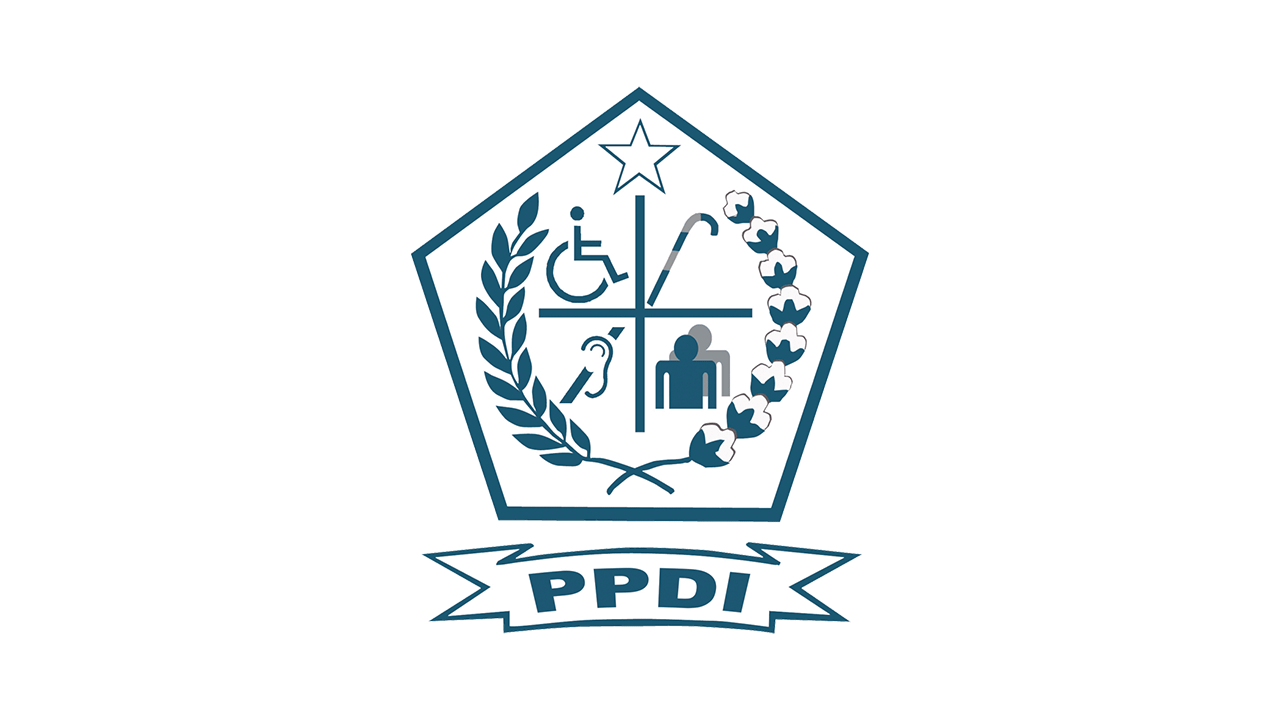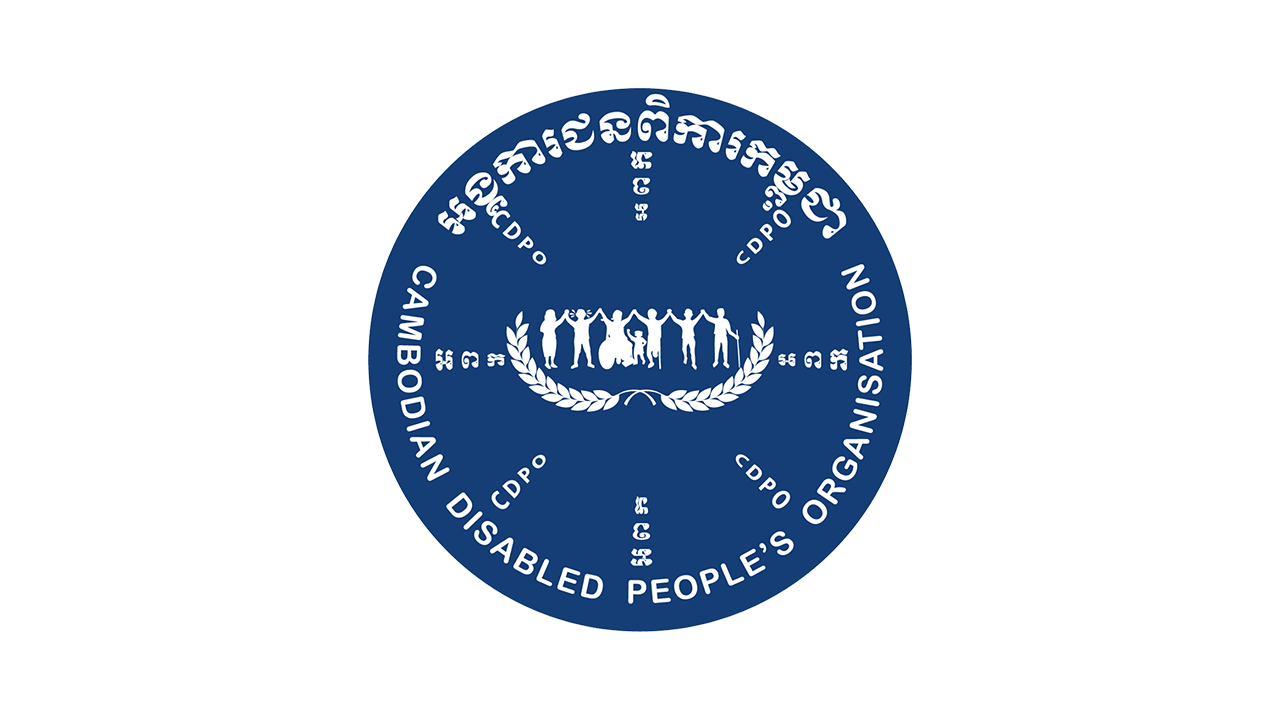By Riri Rafiani, PPUA Penca
On February 21-22, 2012 AGENDA held its fourth training of volunteers to help with the monitoring of regional election in Bangka Belitung. As in the previous three trainings, 30 volunteers were recruited; half of them were persons with disability. They were recruited through People’s Voter Education Network in the area. Training sessions included not only techniques of election monitoring, but also disability issues, such as how to interact with persons with disabilities, what challenges they face in their day-to-day life, and the current situation of their political rights in Indonesia.
Some volunteers found this training helpful particularly because of the disability issues presented. “I’m interested because this training allows us to look into the needs of disabled persons,” said Effendi, a student of School of Islamic Studies in Pangkalpinang.
“I used to think that disabled persons do not have political rights.”
Similar response was expressed by Fitry, who shares the same alma mater. “What’s more important is I have better understanding about persons with disabilities. I used to think that disabled persons do not have political rights.” She further explained that based on her experience, persons with disabilities were not registered as voters and did not exercise their right to vote.
Volunteers with disabilities were voiced similar sentiments. Jumadi, who is blind, said that he was not aware that persons with disabilities have the right to be elected and to become the member of election committee. “I didn’t know about it at all. I thought persons with disabilities only have the right to vote.” When he was asked about the common problems he had experienced in elections, he said that entering the voting booth had proved to be a real challenge. “Most of the time, we, the disabled people, are not given enough attention. People treat us just the way they treat regular people.”
To enable the volunteers to grasp the principles of accessible election, a simulation was arranged in which the participants played the roles of disabled voters and polling station attendants. Through the simulation, the volunteers gained an insight into the difficulties experienced by persons with disabilities and learned how to remove these hindrances.
The training had left a good impression on the participant. Able-bodied Fitri and Effendi said the best part of it was to have a direct interaction with persons with disabilities. “We usually only say ‘Hello’ to them, but here we learn how it is like to interact with people who are deaf of blind,” said Fitri.
Effendi added that, “It is not very often we meet disabled people. So this is a good chance to learn about each other.”
Nurdianti, chairperson and founder of Indonesian Women with Disabilities Union in Bangka Belitung province, expressed her expectations from the training. “I think it’s a good activity. I think both persons with disabilities and [some of the volunteers] from university can learn to understand each other. They also got the chance to learn what persons with disabilities need in elections.”
“I hope that after this training the rights of disabled people will be put forward,” Jumadi concluded.











